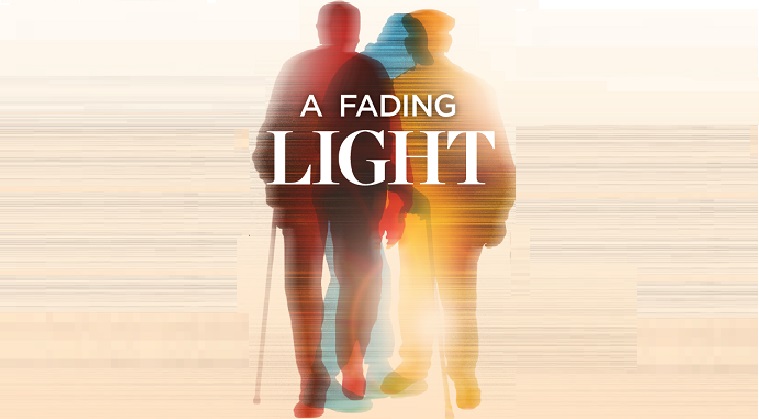A Fading Light: Chapter 4

Calamity is the surest test of friendship, and from its onset sets in motion a nearly foolproof process of discovering who your true friends are

D
uring my husband’s long illness, there were seismic shifts in our friendships. Many abruptly ended, and others withered away over time.
For this, I accept some of the blame. Being with others often seemed like hard work and made me feel anxious and stressed. Not eager, or even able, to lay bare our private grief before others, unwilling to make our lives the topic of speculation or pity and wanting to protect the dignity of my husband, I made few efforts to socialize.
This, however, was not the whole story. I also noticed that some of our friends stopped calling us or inviting us to their homes. Sick people, especially those suffering from dementia and their caregivers, are not the cheeriest or most interesting dinner companions. Worse, they bring to the table a dark undercurrent of anxiety and fear and often make those around them feel uncomfortable and awkward.
Calamity is the surest test of friendship, and from its onset sets in motion a nearly foolproof process of discovering who your true friends are. People’s responses to my husband’s illness, whether they learned about it from me or others or just figured it out by themselves, were as wide and varied as human nature itself, but certainly not predictable on an individual basis. Least predictable and particularly hurtful was the behavior of someone I considered a good friend who, after a tearful conversation during which I told her my husband would no longer be able to live at home, never called to see how we were doing.
Early on, my husband’s doctor, the kindest and most caring I’d ever known, had tried to prepare me for that eventuality.
“It hurts me to tell you this,” he said, “but I need to warn you that you’re probably going to lose all of your friends.”
I was dumbstruck. “All?” I asked.
He nodded grimly. “Sadly, that’s what usually happens.”
I suppose, then, that I shouldn’t have been surprised when long-standing relationships abruptly ended or, in some cases, slowly faded away. But the fact remains that I was shocked — and also deeply hurt.
I was equally surprised by the steadfastness of others we knew. In several instances, people I considered casual friends proved to be more devoted than those we’d known longer and better. One of them stopped me on the street, said she knew something was very wrong, and wanted to help, if only I’d tell her how.
(Excerpted from Family First, Issue 642)
Oops! We could not locate your form.


